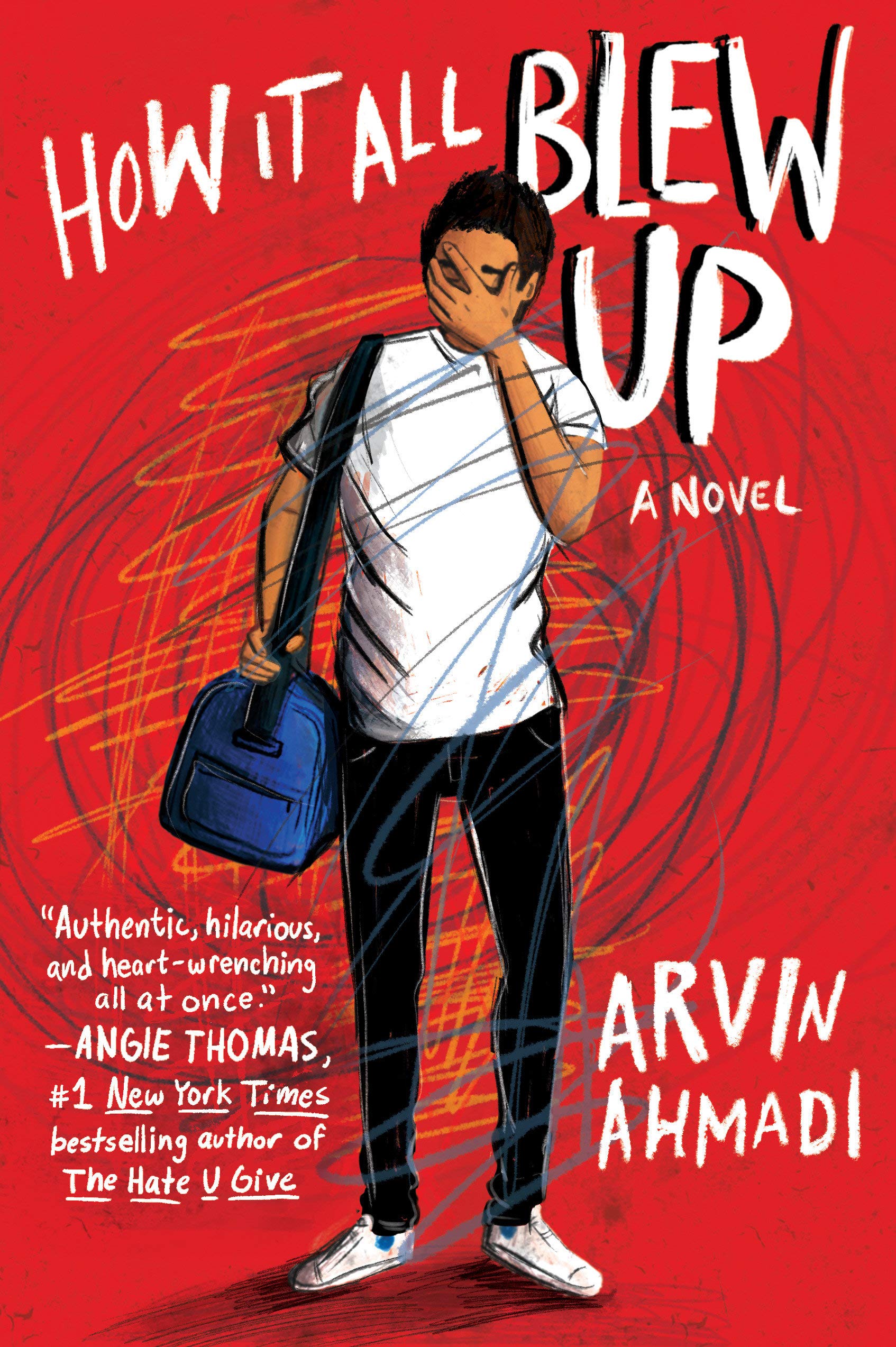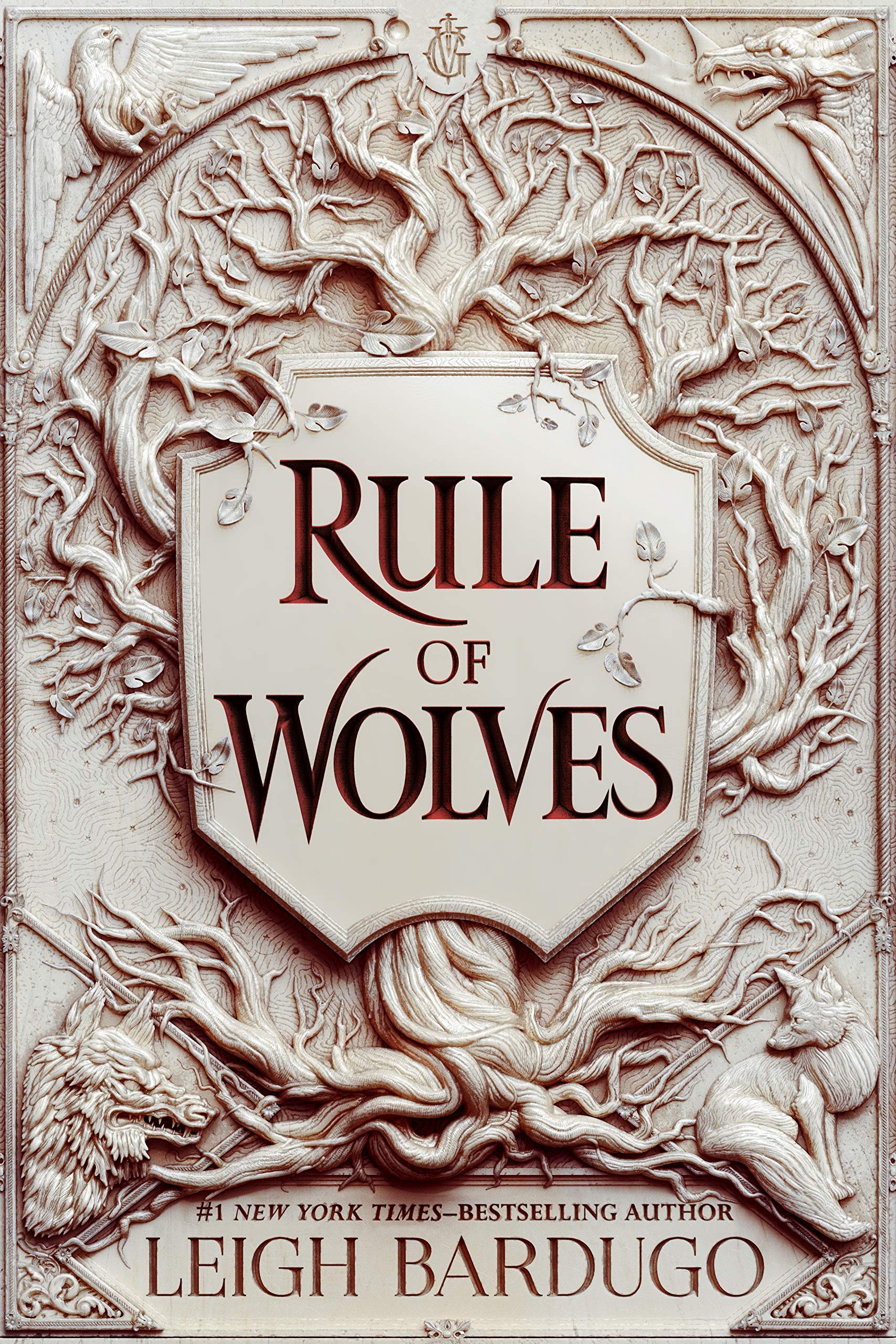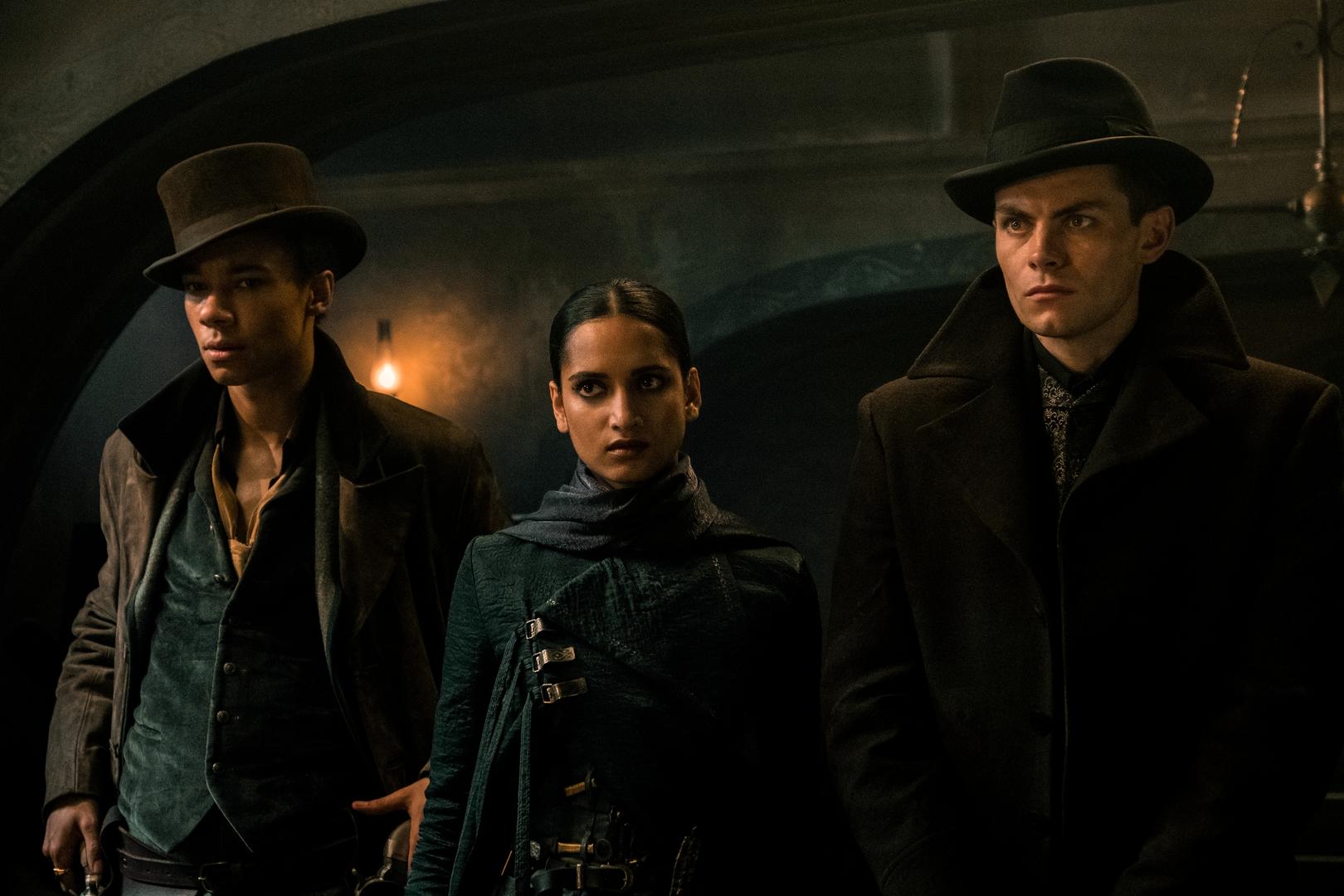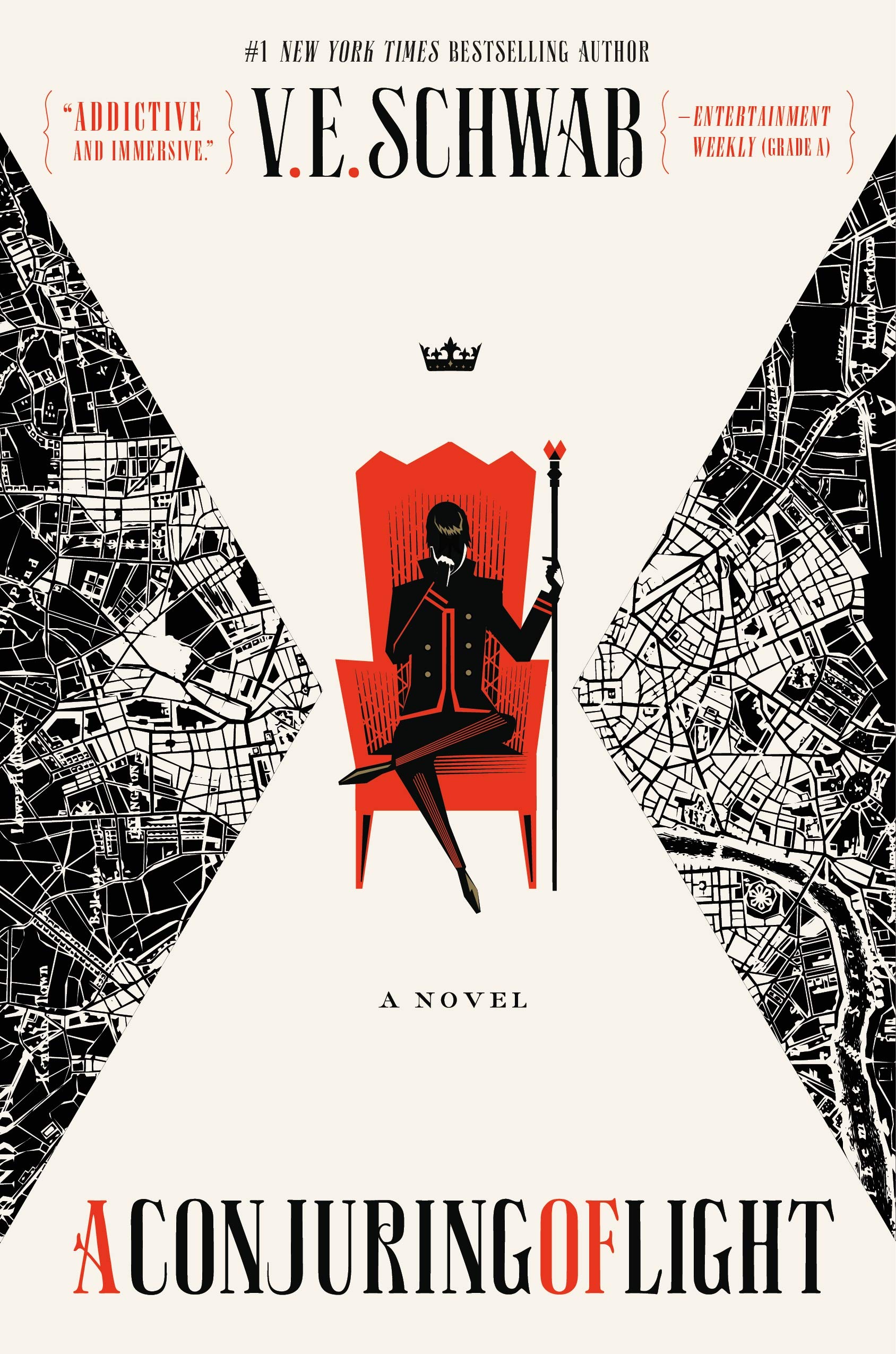
Since I’m a bookseller, an ex-librarian, an avid reader, and a book blogger I thought it would be fun and potentially helpful to offer some recommendations based on popular #booktok books. #booktok has great taste. I adore almost all the biggest trending books that I’ve read and have been thinking about the next step. What do you read right after you’ve finished the titles on the top of the popularity lists?
Thanks to the Netflix adaptation, Leigh Bardugo’s Shadow and Bone has been flying off the shelves. For good reason: Bardugo is easily one of the best YA writers out there right now. Her Grishaverse novels are stunning, and the TV show adaptation is excellent. You can always tell when an adaptation was done by someone who loves and respects the source material, and that is definitely the case with Netflix’s Shadow and Bone. If you’re anything like me, you’ve probably sprinted through both the show and the Shadow and Bone trilogy by now, and you’ve probably got a bad book hangover. The Grishaverse will do that to you. If that’s the case, here are some suggestions for what to read next to fill the hole.

Six of Crows by Leigh Bardugo
I hope you’ve already read Six of Crows, because it is the world’s most obvious recommendation as it is both a sequel series to the book Shadow and Bone and an integral part of the TV version. That being said, it doesn’t go entirely without saying. Six of Crows usually outsells Shadow and Bone pretty significantly, but since the show, Shadow and Bone has started to outpace it. That makes sense, because Shadow and Bone shares its title with the show, and a lot of people aren’t aware that Six of Crows is also a big part of it, assuming that everything shown onscreen is part of the original trilogy. I suspect more than a few readers will be surprised to finish the first book without having run into the bastard of the barrel or his magnetic associates. Even if those characters weren’t in the show, their adventures would still be well worth checking out. I’m far from alone in preferring Six of Crows to Shadow and Bone. Leigh Bardugo herself will say–and has said–that her writing improved vastly as she went. Shadow and Bone is great, but it does hinge on a few tropes that have fallen largely out of fashion: the chosen one, love triangles, etc. (For what it’s worth, it does complicate those tropes more than many other novels written in the same era). It is also pretty straight and white, and the books diversify a lot as they go. If you started with the show and moved to the book, you probably noticed that the show updated the source material to better reflect different kinds of people. Six of Crows takes the already great world that Shadow and Bone created and makes it even better by opening it up to more interesting, more damaged characters and dousing it in intrigue and moral ambiguity. Plus, it’s absolutely hilarious!

Ninth House by Leigh Bardugo
Unlike Six of Crows, Ninth House is not a part of the Grishaverse. It is Leigh Bardugo’s first adult novel, and not as many people know about it. It’s more like Six of Crows than Shadow and Bone in that it is darker and deals with serious subject matter like institutionalized discrimination, classism, and violence–particularly sexual violence–against women. Despite this dark subject matter, it’s not a doom and gloom book. While it doesn’t have the zany hijinks or swoony romance of Bardugo’s YA fare, it’s an engrossing, addicting read with a compelling mystery and fascinating magical subculture at its heart. If you liked Shadow and Bone you have to keep reading Bardugo’s work, because she has only gotten better since then. I’m in a book club with a bunch of ladies with whom I normally disagree and this book is pretty much the only one we universally liked. That’s saying a lot.

Infinity Son by Adam Silvera
This is probably the best comp title on this list if you want something that is like Shadow and Bone but isn’t Leigh Bardugo. Infinity Son is a great fantasy novel with a really interesting system of magic and extremely complicated characters. There are a lot of interesting overlaps between Infinity Son and Shadow and Bone, and probably the most striking one is the reflections on power. Both series have a chosen one of sorts, and both series let that character struggle with that title as they’re tempted by power. Both series are interested in the way that power can corrupt even those with the best intentions, and provide villains/antagonists who initially had good intentions. So there are thematic similarities. There are also plot similarities. Throughout the Grisha trilogy, Alina is faced with the reality that the only way she can increase her power is by killing innocent by magically significant creatures. This question both troubles and drives her. In the Infinity Cycle, magic can likewise be acquired by sacrificing magical beasts, and the choice of whether or not to do it causes significant conflict. Despite this very specific overlap, though, the magical systems aren’t overall that much alike. If anything, the biggest similarity is that they’re both fresh, creative systems that feel entirely unique.

The Raven Boys by Maggie Stiefvater
To be entirely honest, I don’t entirely understand why fans of the Grishaverse love the Raven Cycle so much. Maybe it’s just the crow/raven thing. Maybe it’s because the tight knit group of protagonists in The Raven Boys recalls Kaz’s crew. All I know for sure is that most people who loved the Grishaverse love the Raven Cycle even though they’re actually quite different. Stiefvater’s world is much lower fantasy (I wouldn’t call the Grishaverse high fantasy, exactly–or in any case, not until King of Scars–but the Raven Cycle definitely has fewer fantastic elements) and decidedly less plot-motivated. It’s a very good series with immensely lovable characters. I can’t put my finger on why this is a good recommendation. I just know that it is.

Sabriel by Garth Nix
This is a less obvious recommendation. It’s more about the vibe. If one of your favorite things about Shadow and Bone is that it bases its universe on Russia, you might be looking for other interesting fantasy worlds with their roots beyond England. Sabriel is Australian, and therefore feels really different than traditional, LotR-esque fantasy. Nix’s series is also extremely feminist–as is Bardugo’s, of course–fascinatingly dark, and full of complicated political conflict. If the Ravkan war and the danger around the borders caught your interest, Sabriel will probably keep it. Plus, Sabriel is a necromancer, and that’s pretty darn cool. How often is the necromancer the hero?

Warcross by Marie Lu
I don’t want to get too deep into why I’m putting Warcross on this list, because the main reason I’m including it is somewhat spoilery (both for Shadow and Bone and for Warcross). Just know that it has to do with late in the game twists and is related to Alina’s relationship with the Darkling.
Bonus: This is cheating since it’s not a recommendation based off Shadow and Bone, but if you love Jesper (either from the show or Six of Crows) you should definitely read The Gentleman’s Guide to Vice and Virtue by Mackenzi Lee, because protagonist Monty has the same chaotic, bisexual energy and makes decisions that are just as charmingly bad.












